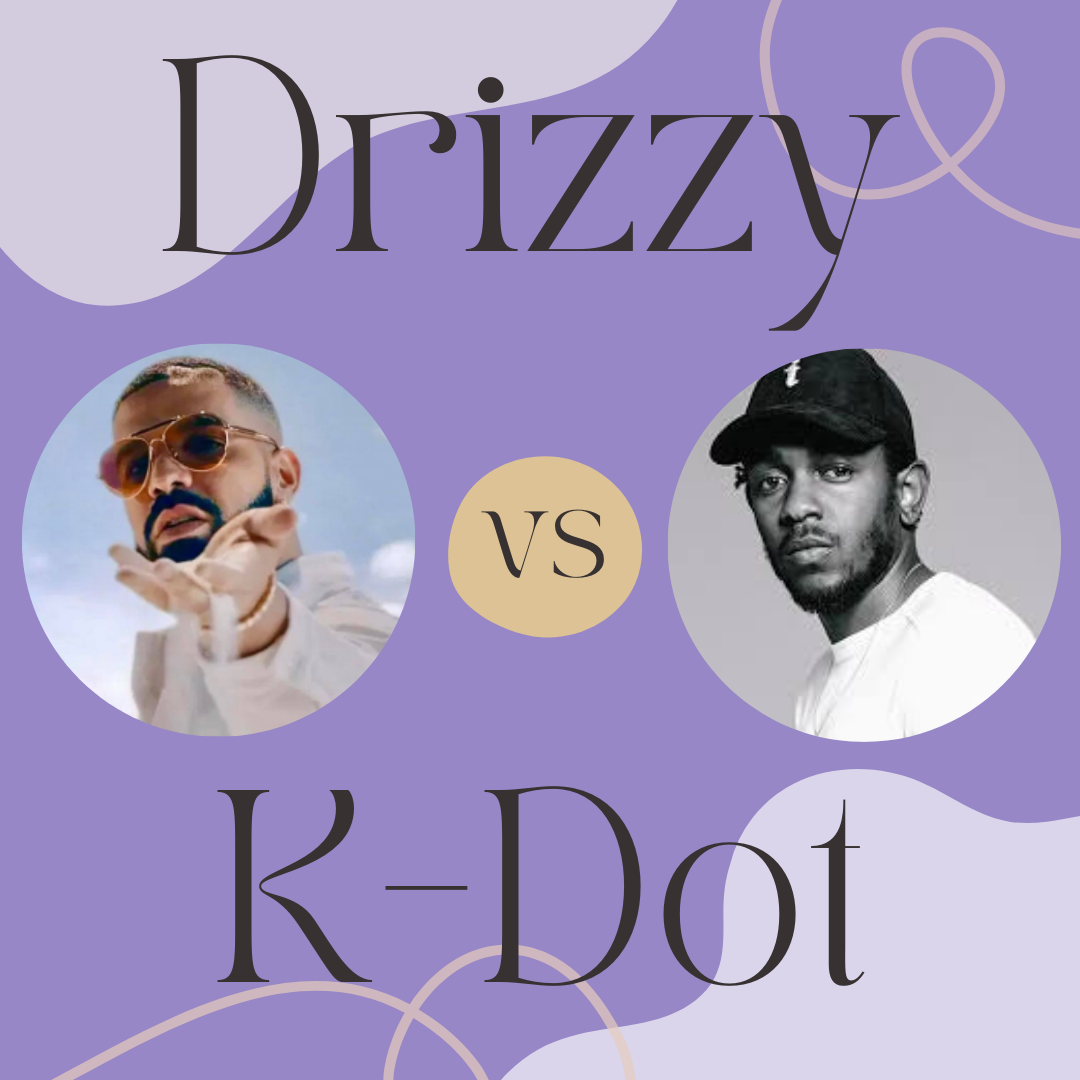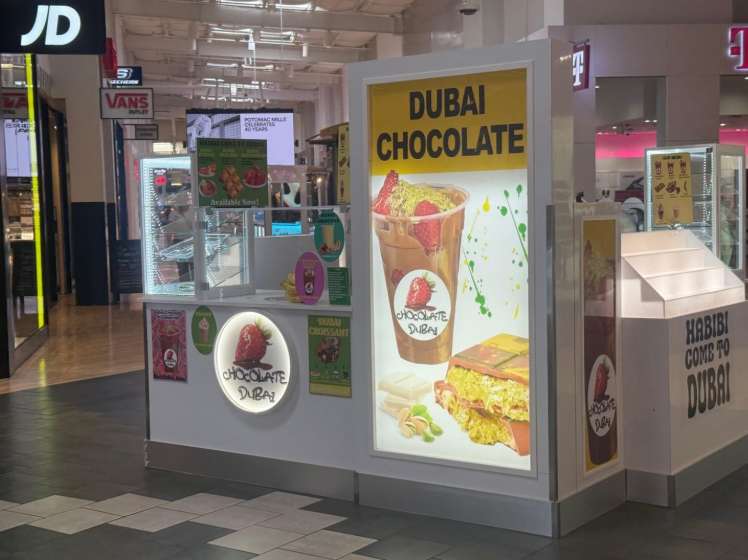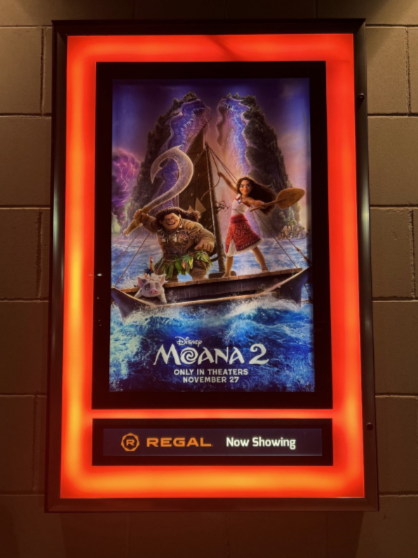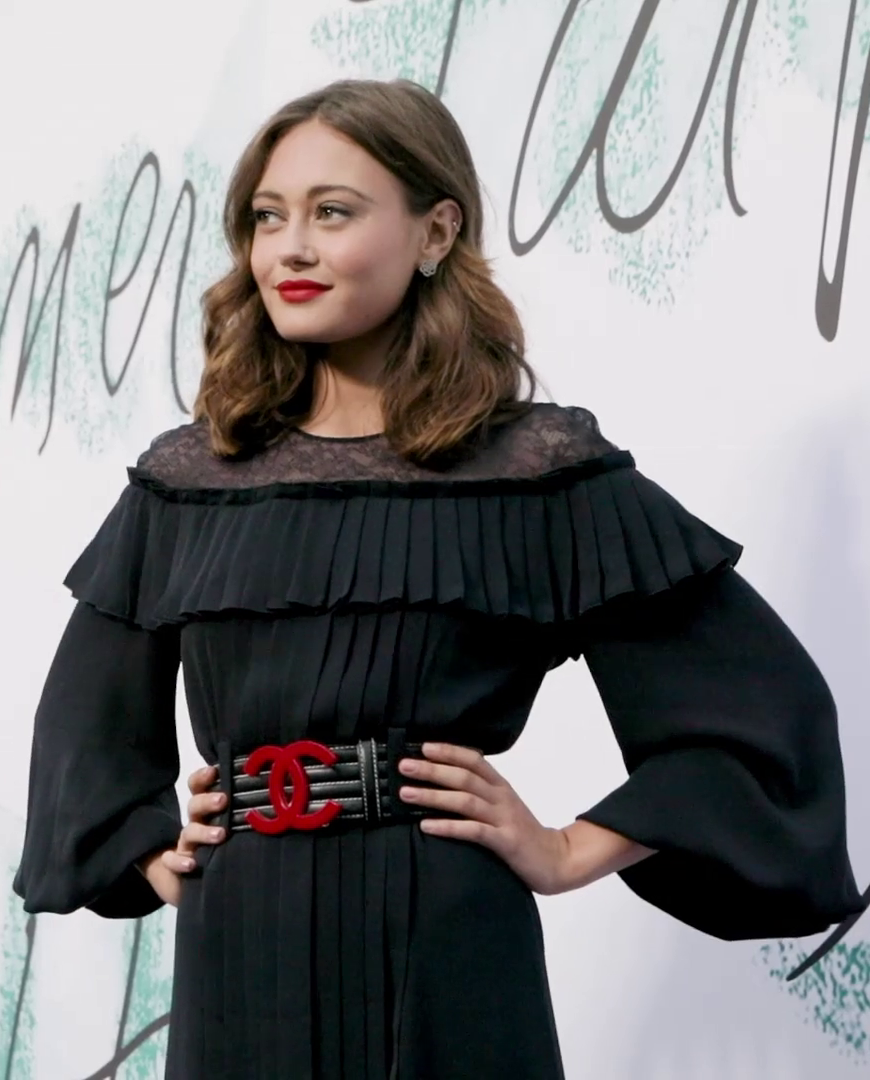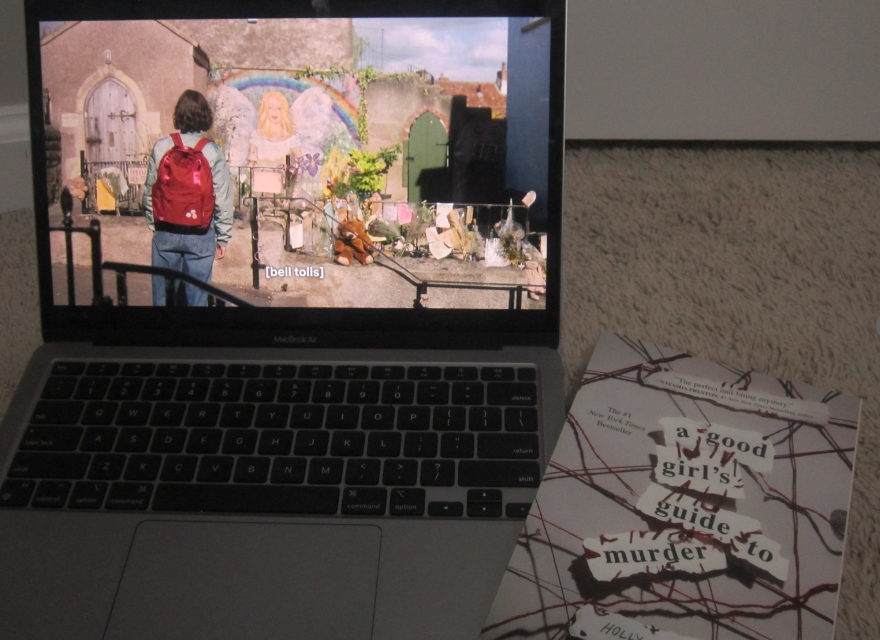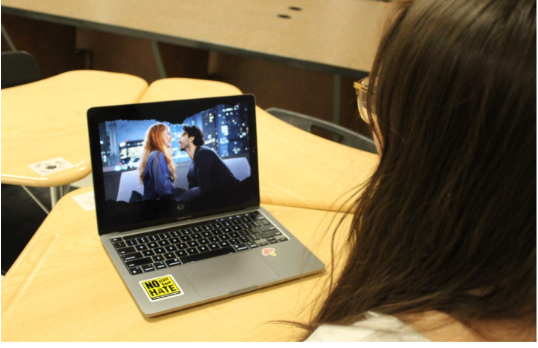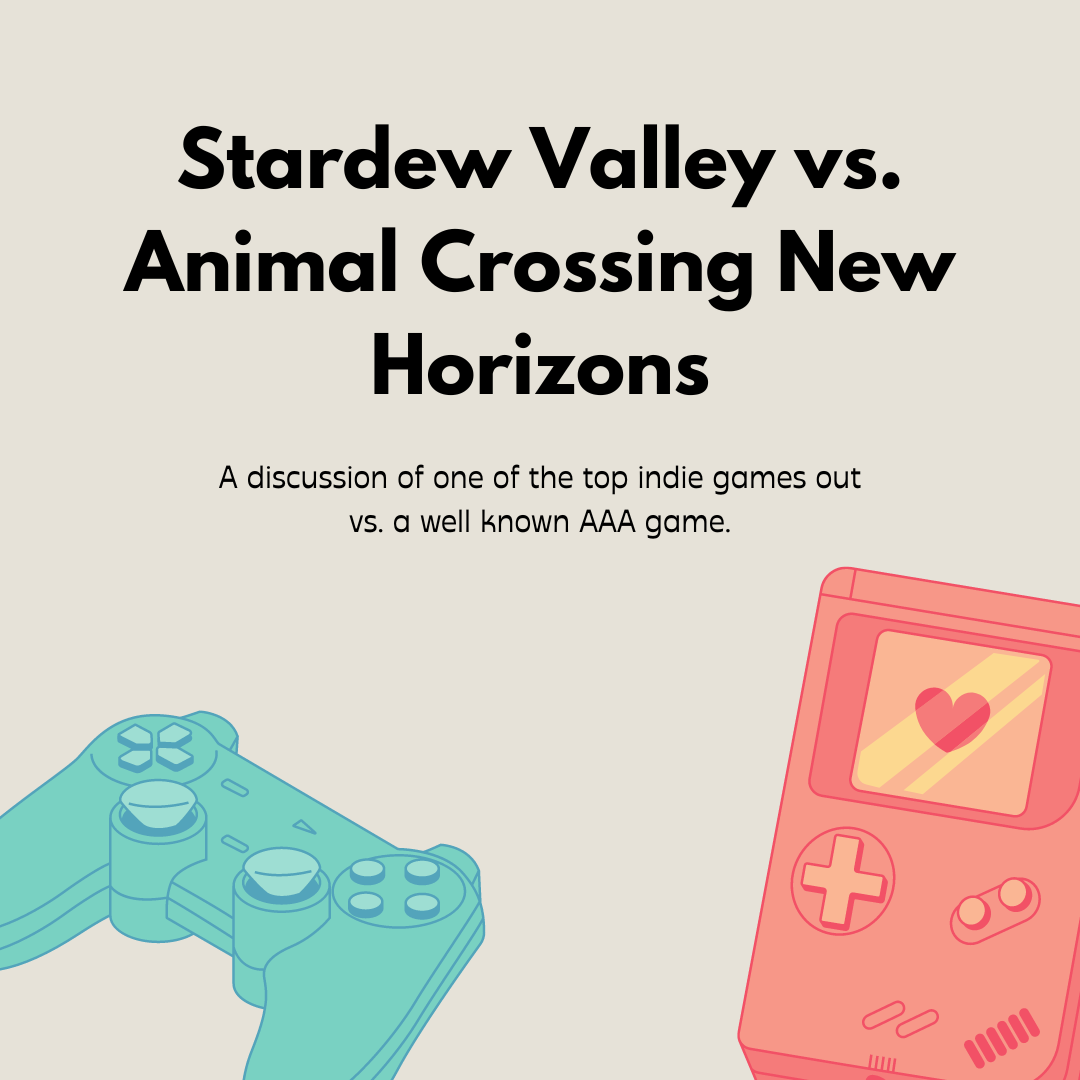In the ever-evolving landscape of hip-hop, rivalries have always been a cornerstone of the culture. From the East Coast vs West Coast battles of the ’90s to the more recent clashes between titans like Jay-Z and Nas, these conflicts have shaped the genre and captivated audiences worldwide. One of the most intriguing and highly publicized beefs in recent memory is the ongoing feud between two of rap’s biggest stars: Drake and Kendrick Lamar.
The tension between Drake and Kendrick Lamar didn’t emerge overnight. Both artists rose to prominence in the late 2000s and early 2010s, each carving out their own distinct lane within the rap landscape. Drake, the Canadian-born hitmaker known for his infectious melodies and chart-topping hits, quickly became one of the most commercially successful artists of his generation. On the other hand, Kendrick Lamar, hailing from Compton, California, captivated audiences with his thought-provoking lyricism, introspective storytelling, and socially conscious messages.
For years, Drake and Kendrick maintained a mutual respect for each other’s craft, often collaborating on tracks like “Poetic Justice” from Lamar’s 2013 album “Good Kid Maad City” and “F****n Problems” from A$AP Rocky’s 2011 album, “Long Live A$AP”. For many years, both artists publicly praised one another’s talents. However, beneath the surface, subtle hints of tension began to emerge. In their respective verses, both artists dropped veiled references and subliminal disses, hinting at a deeper rivalry simmering beneath the surface.
The feud boiled over with the release of Drake’s “Duppy Freestyle”, a diss aimed mostly at Pusha T, a longtime collaborator with Lamar. However, some verses in “Duppy Freestyle” were responses to perceived shots from Kendrick Lamar on tracks like “The Heart Part 4.” In “Duppy Freestyle,” Drake unleashed a barrage of bars aimed squarely at Kendrick, calling into question his authenticity and lyrical prowess. The track sent shockwaves through the hip-hop community, igniting a firestorm of debate and speculation about the true nature of the beef.
For many years after that, both artists stayed quiet about each other and stuck to working on their own craft.
However, on Mar. 22, 2024, Future and Metro Boomin released their first collab album together, “We Don’t Trust You” which featured a verse from Lamar on the track “Like That” where Lamar says, “Mothaf*** the big three, n**** it’s just big me.” As well as the lyric, “N****s cliquin’ up but cannot be legit no forty water.” Kendrick, throughout the song, takes shots at Drake and J Cole who became collaborators on the track “First Person Shooter” from Drake’s 2023 album “For All the Dogs. “
The strange thing is that “Like That” was on a Future album; Future and Drake are longtime friends and collaborators. They even had an album together in 2015 called, “What a Time to Be Alive.” However, in late 2023 Drake and Future had a falling out, allegedly over Future’s partner, a girl named Tokyo, who Drake allegedly slept with. Drake alludes to this on his response to Kendrick and Future on the track “Push Ups” where he says, “You p*****s can’t get booked outside America for nan’, I’m out in Tokyo because I’m big in Japan.”
A few weeks after the release of “Like That,” J Cole released his response, “7 Minute Drill” off his mixtape, “Might Delete Later.” Where Cole delivered a rather weak diss where he essentially gave his review of Kendrick’s discography that wasn’t even negative. A week after the release of “7 Minute Drill,” J Cole apologized to Kendrick and then removed the song from streaming services, effectively removing himself from the beef.
Soon after, Metro Boomin and Future released their sequel album, “We Still Don’t Trust You.” The album didn’t have much to do with the situation revolving around Kendrick and Drake, however the track “Show of Hands” which featured A$AP Rocky took some slight shots at Drake with the lyric, “In they feelings over women, what, you hurt or somethin? I smashed before you birthed, son, Flacko hit it first, son.” Essentially mocking Drake for his comments on how he’s in love with Rihanna, who’s been in a relationship with Rocky for many years. On top of that, Rocky alleges that he slept with the mother of Drake’s child, Sophia Brussaux. As of writing this, Drake has not responded to Rocky, as he’s been preoccupied with Kendrick.
A short while after “Like That,” Rick Ross released his very own diss track against Drake titled “Champagne Moments.” Overall, the song was fine but didn’t really leave an impact on the beef. Ross only took small jabs at Drake like with the allegation that he uses ghostwriters, “Ghostwriters, they got to floss what you could’ve had.” He also questions Drake’s cultural blackness (a common critique leveled at Drake) by continuously referring to Drake as “White boy.” This critique came about because of Drake’s tendency to switch up his accent from his native Toronto, to Patois, Bristish, Southern-American and others, as well as his tendency to use his identity as a black man not to help the culture, but to boost his sales. This was the main takeaway from the track and the issue of Drake’s cultural blackness is something that continues throughout the beef.
Mere days after the release of “Champagne Moments,” Drake dropped his response to Kendrick Lamar, Future and Metro Boomin, the aforementioned “Push Ups.” As a diss track, the song was fun, and Drake definitely came out swinging against Metro Boomin with the line, “Shut your whole a** up and make some drums.”
Drake also took shots at Future with the line, “I could never be nobody’s number one fan, your first number one I had to put it in your hand.” Which referred to Drake’s song “Way 2 Sexy” which was the first number one hit Future appeared on. These lines essentially confirmed to many listeners that Future and Drake are no longer on good terms.
Drake responded to Kendrick with the line, “You ain’t in no big 3, SZA got you wiped down, Travis got you wiped down, Savage got you wiped down.” Which combatted the lyric from “Like That” which ignited the whole beef.
Shortly after the release of “Push Ups” Drake dropped a second diss targeted specifically at Kendrick, titled “Taylor Made Freestyle,” which was released only on his Instagram.
The track received heavy amounts of criticism for its use of AI to recreate the voice of famous rapper from the ‘90s, 2Pac, who’s one of Lamar’s greatest influences. In Drake’s verse on the track, he really didn’t say much except that Kendrick was taking a while to respond… which shortly after, he did.
On Apr. 30, Kendrick dropped his response to Drake titled, “Euphoria.” The title itself was a reference to the HBO hit series of the same name that received backlash for its hyper-sexualization of teens, which Drake is a coproducer for. On top of that, Kendrick is accusing Drake of acting sexually inappropriately towards minors, a common theme in the show.
In the opening of the song, Kendrick raps, “You not a rap artist, you a scam artist, with the hopes of being accepted.” The lyric implies Drake doesn’t really belong with the rest of the rappers in the industry, which is a theme Kendrick elaborates on in the future.
About half-way through the song, Kendrick drops the line, “We hate the b****es you f*** ‘cause they confuse themselves with real women, and notice, I said we, it’s not just me, I’m what the culture feelin’.” Implying that most of the industry sides with him and are done with Drake.
On top of that, Kendrick also addresses the ghost-writing accusations against Drake with the lyric, “Ain’t 20-v-1, it’s 1-v-20 if I gotta smack n****s that write with you.” He also criticizes Drake’s use of AI on “Taylor Made Freestyle” with the bar, “Am I battling ghosts or AI?” With these lyrics, Kendrick tells Drake that he has already won if Drake had to resort to using AI and ghostwriters.
Kendrick also accuses Drake of being a poor father to his son, Adonis, with the lyric that points out how Kendrick raises his son, and Drake just uses his.
Like on Rick Ross’s diss, Kendrick questions Drake’s cultural blackness with the lyric, “How many more Black features ‘til you finally feel that you’re black enough?” Essentially saying, Drake uses Black artists to accentuate his cultural and musical identity as a black man. As well as the final lyric of the song, where Kendrick says, “We don’t want to hear you say n**** no more.”
Soon after the release of “Euphoria”, Lamar dropped his second response to Drake, which released exclusively on hi Instagram, titled, “6:16 in LA,” which was produced by Jack Antonoff, Taylor Swift’s producer. Antonoff may be joining Kendrick after Drake took subtle shots at Swift on “Taylor Made Freestyle.” The song itself was not much of a diss, as it was more of a teaser of what’s to come next from Kendrick. However, the title has several meanings. On top of it being a reference to Drake’s timestamp series of songs like “6pm in New York,” the time “6:16” refers both to the release date of the show, Euphoria, as well as being the date of Canadian and American Father’s Day. Like on, “Euphoria,” Kendrick repeatedly accuses Drake of being an absentee father. On the track, Kendrick also has the lyric, “Have you ever thought that OVO was working for me?” Which refers to Drake’s record label, October’s Very Own, (OVO) Implying he has a mole inside Drake’s operation.
In response, Drake dropped his song, “Family Matters,” which more specifically targeted Kendrick Lamar and went on the offensive. Drake alleges that Kendrick’s son is the child of Kendrick’s friend, Dave Free. However, these rumors have not been substantiated.
Because Drake took shots at his family, Kendrick’s next track was a personal message to each of Drake’s relatives. Kendrick’s next song, “Meet the Grahams,” starts off with slow piano notes from producer, The Alchemist, as well as a message to Drake’s son, Adonis. Kendrick notes how he’s sorry Adonis has to grow up with Drake as his father and then offers to be Adonis’ mentor.
Lamar also communicates to Drake’s parents, Sandra and Dennis. To Drake’s mother, he tells her what he believes her son really is, “your son’s a sick man with sick thoughts, I think n****s like him should die.” To Drake’s father, who was absent much of his life, Kendrick says, “You raised a horrible f*****g person, the nerve of you Dennis.” Essentially saying all of Drake’s faults come from his father.
The next verse is addressed to somebody that is only referred to as, “baby girl,” telling the audience that Drake has hid another child from the world, the same way he hid Adonis. The difference is according to Kendrick, Drake’s daughter is older than Adonis as she’s eleven. He then tries to explain who Drake is to this new child, he says, “Yes, he’s a hitmaker, songwriter, superstar, right? And a f****n deadbeat that should never see more life, meet the Grahams.”
Overall, “Meet the Grahams” was the most powerful song to come out of the beef, as Kendrick let the closest people to Drake know who he really is. However, Kendrick was not done yet.
Not even a day later, Lamar released another track titled, “Not Like Us.” The song had a much catchier beat with fast paced strings, compared to “Meet the Grahams.” On this track, Kendrick doubles down on Drake’s inappropriate behavior with underage women as well as his misuse of his cultural blackness.
The first noteworthy lyric is hilariously blunt as Kendrick raps, “Say Drake, I hear you like em’ young. You better never go to cell block one.” He later makes fun of Drake’s previous records with the lyric, “Certified Lover Boy? Certified pedophile.” The final lyric related to Drake’s alleged pedophilia goes, “He tried to strike a chord and it’s probably A MINOR.”
Lamar also reveals that member of OVO have also engaged in pedophilic activity as well as possible sex trafficking. He reveals this with the lyric, “And your homeboy need subpoena, that predator move in flocks, that name gotta be registered and placed on neighborhood watch.” The cover art of the track also supports this, as it is a screenshot of a sex offender app, where there are multiple marks on Drake’s mansion.
After these lyrics, Kendrick moves on to talk about how Drake manipulates his blackness in order not to help culture, but rather to make money. He shows this with the lyric, “You run to Atlanta when you need a check balance.” Next, Lamar criticizes his use of rappers from Atlanta, that in Lamar’s view, do contribute to black culture. Kendrick raps, “You called Future when you didn’t see the club,” and, “Lil Baby helped you get your lingo up.” Kendrick then sends the message home with the bar, “You run to Atlanta when you need a few dollars, no, you not a colleague, you a f*****g colonizer.”
Since then, Drake released one response to Kendrick with the track, “The Heart Part 6.” While it’s impressive Drake was able to respond so quickly, this track was easily his weakest of the beef. His voice sounds so unenthusiastic and tired. The message of the song also boils down to him saying “Nuh uh,” to Kendrick’s pedophile accusations. The only way he responded was by saying basically that he’s too rich to be a pedophile, which would only make it easier to be one. Drake also denies having a secret daughter, and he claims that his team fed Kendrick fake information to embarrass him, but Drake has no proof of his claim. To add to that, it doesn’t make sense to feed information that could be career ending, even if it’s false.
Neither Kendrick nor Drake have released any new tracks since “The Heart Part 6,” however, Metro Boomin released a new beat with the line “BBL Drizzy” repeated throughout. The beat took the world by storm and thousands have added their own verse to it. Metro says whoever has the best drake diss verse will be placed on the beef.
All in all… Kendrick won and it’s not even close. He was the representation of countless artists releasing all their anger towards Drake. Even if the information revealed by Lamar is false, Drake’s reputation is permanently tarnished as countless memes and jokes have already been made. Drake has already been compared to athletes like Karl Malone and Josh Giddey, who are known for their controversies with underage girls. Many people have also taken to criticizing Drake’s awkward friendship with actress, Millie Bobby Brown, of “Stranger Things” fame. Their friendship started when Drake was twenty-eight, and Brown was fourteen at the time, obviously making people start to believe Kendricks’s accusations. Drake isn’t dead, but Kendrick is on top, and OVO has a lot to either confess, or deny.
